No Laughing Matter: The True Story of the Hollywood Blockbuster That Never Was
35 years after it disappeared, we ask: what happened to "Horse Arrest"?
“It was going to be huge.”
You won’t find it on Netflix, HBO or Disney+. There are no reviews on Letterboxd, no cast and crew on IMDb. When the most beloved comedies of the 20th century are debated, its name is never mentioned. In 1988, though, one big-budget studio comedy seemed poised to light Hollywood on fire, setting box-office records and maybe even winning some awards.
Yet it never saw the light of day.
Now, more than a quarter-century after it disappeared—seemingly overnight, and without a trace—few in Hollywood are willing to even acknowledge its existence. No footage is known to exist, and not even a stray production still remains. It’s one of Tinseltown’s greatest What-Ifs—part Hollywood legend, part cautionary tale.
Today, on the 35th anniversary of its planned premiere date, we look to answer the question that’s vexed in-the-know cinephiles for a generation:
What happened to “Horse Arrest”?
“The script was incredible.”
A handful of figures who crossed paths with the production of Horse Arrest agreed to speak with me for this article, but none were willing to do so on the record. Hollywood has a long memory when it comes to failure, and the film’s collapse left a mark that still stings for many.
“Honestly, I’d never seen anything like it,” the insider—a former studio executive—continued. “It was sharp. Fresh. Wildly funny, but with heart, y’know? And it was a first-time screenwriter! No one had ever heard of this guy, and then he drops this script—a complete, polished screenplay—completely out of the blue. You could’ve started filming right away, it was so tight.”
Buzz spread quickly, as copies of the script landed on the desks of some of Hollywood’s biggest agents and producers, all of them hungry for the Next Big Thing.
“This was the golden age of fish-out-of-water comedies, you remember. We couldn’t get enough of them—any film where the lead character was doing something ridiculous, it was a guaranteed hit. Mermaid goes on land. Poor guy becomes a stockbroker. Father takes care of his own children. You know, outlandish stuff.”
“But this? This was that, and then something more. It was special. The kind of thing you read once in a generation. A new voice.”
In 1986, the only person in Hollywood who knew Eddie Kestrian’s name was Salvatore, his boss at Famous Ned’s Pizza and Subs, the dingy little strip-mall takeout where he spent time between deliveries scribbling away at notepads while leaning up against a tower of pizza boxes.
By 1987? Everyone in town wanted a piece of him, and his screenplay.
A bidding war ensued.
“It was a feeding frenzy. Normally, you know, a first-time writer, they’re gonna get a little advance, maybe. Buy a new car, or take their girl out for a fancy dinner. But the numbers that started flying around? They’d make you weep!”
Every studio in town—big or small—made their play for Horse Arrest, the bids climbing higher by the day. But when StoneRock Studios entered the fray, everyone else knew they’d lost.
“They were the biggest game in town in those days. I mean, you name a blockbuster, it was them. MachineMan. Pirates of Pensacola. Great-Aunt Gorilla. Senior Class Sex Trip. The Lady is a Pilot. Kevin the Kookaburra. Long Island King Lear. Mean Baby. Cash Bar. They didn’t have a flop for a decade straight, just wall-to-wall box office gold.”
StoneRock swept in and cleared the field, acquiring Kestrian’s script for a then-unheard-of million-dollar advance.
“That kid, god love him—he could’ve made this the start of a long career in Hollywood, but he took that million-dollar advance and skipped town immediately. Heard he moved to Brazil. Depending on who you believe, he was either dead in a year or he’s still running a successful chain of family-oriented pizzerias down there. Either way, he cashed in and got the hell out.”
“He might’ve been the only one who came out of this clean.”
The rights secured, the Hollywood cocktail-party buzz soon turned to an even bigger question: who was going to play Carlton McAffey, the Wall Street banker turned white-collar criminal sentenced to be a stable boy after a courtroom clerical error?
“Every wannabe leading man and their agent was beating down StoneRock’s door for that role. It was a career-maker. You needed someone handsome, but also funny—someone who could start out as a total scumball but make you root for them in the end, too. That’s hard to pull off, you know? Not everyone has that kind of range.”
A handful of well-known actors—some of whom would eventually get their big break years later—made it to callbacks for the role. George Clooney. Brad Pitt. Scott Bakula. Even Daniel Day-Lewis—a few years shy of his first leading-man turn in The Unbearable Lightness of Being—did a screen-test for the role, but the producers reportedly found his performance “too broad”.
“It wasn’t a slapstick role, and I don’t think he understood that. But it didn’t really matter—once the Gute became available, there just wasn’t any question that he was the guy.”
Steve Guttenberg was one of the biggest names in Hollywood at the time—an established, bankable star with credits like Diner, Short Circuit, Police Academy, Police Academy 2: Their First Assignment, Police Academy 3: Back in Training and Police Academy 4: Citizens on Patrol already under his belt.
“See, the thing is—he wasn’t supposed to be available. If he’d been available from the start, there never would’ve even been a casting call—he was that perfect for the role. But he was busy filming Three Men and a Baby. Great flick, I don’t know if you’ve seen it. Men raise a baby, it’s wild stuff. Anyways, it seemed like that was going to take up all year, but the thing was, they kept having to pause production. The babies, you know—they’d grow up, I guess? You can’t have a movie where the baby’s a different size in every scene. Takes the viewer out of the fantasy. So every time a baby would grow, they’d have to stop filming for a while until they could find a new baby who looked like the others. Finally, his agent got tired and said, you know what? Figure it out, but The Gute’s doing Horse Arrest.”
With an A-list star attached, the rest of the cast filled in quickly. Rebecca De Mornay was cast as Michelle Whitehall, McAffey’s on-again, off-again girlfriend, and Debra Winger as Carrie Brush, the horse-groomer-with-a-heart-of-gold who bristles at the convicted criminal’s presence in her stables. Robert Duvall slotted in as the no-nonsense judge, and Hollywood legend Jimmy Stewart was brought in—in what would’ve been his final on-screen role—to play Jimmy, the stable owner who teaches Carlton valuable lessons about life before dying and bequeathing the stable to him.
“We knew we had something big,” a figure close to the production shared. “The night before filming started, we had a big party at one of the producers’ mansions up in the Hollywood Hills. This party, it was the stuff of legends. Everyone was there. We were taking a victory lap before we’d shot a single frame, but we just knew it was going to be big. There was talk of it being the first true comedy since Going My Way (1944) to win Best Picture.”
“Sounds crazy now, I know, but it wasn’t then.”
That celebratory mood soured quickly, though.
As soon as filming started, problems began popping up.
“Okay, well, first of all—no one knew Steve Guttenberg was allergic to horses. Not even Steve. The first day we get him on set with a real live horse, his eyes puff up, he turns beet red, and then his throat closes up. He passes out, and we had to call the medics in. They said he was legally dead for seven minutes. Obviously, killing The Gute—America’s Sweetheart—would be a PR nightmare. So we had to find a way around things.”
CGI was in its infancy in those days, having been developed only two years prior for Dire Straits’ “Money For Nothing” music video, and it wasn’t considered a viable option for creating the numerous horses needed for the film. Instead, a variety of traditional special effects were employed to flesh out the equestrian cast.
“Oh, we tried everything. We had the Jim Henson Studios folks come in and make us some puppets. We put guys in rubber horse suits. Some of the background horses were just really big dogs. For the close-up shots, we edited it to make it look like Gutes was with a horse when he wasn’t. We brought in some old pros who’d worked on The Patty Duke Show to make it work.”
The problems didn’t stop there. A week into shooting, one of the primary filming locations—a real stable on Manhattan’s West Side—burned to the ground. The fire department investigation attributed it to an electrical short, but many within the production suspected foul play—sabotage from a rival studio, or perhaps even a scorned actor.
“Listen, I’m not saying nothing here, but Daniel Day-Lewis was real pissed he didn’t get that role,” one source noted. “Thank god we’d already gotten all the horses out on account of Guttenberg’s allergies.”
Production on the stable scenes shifted to a soundstage—under round-the-clock armed guard—on StoneRock’s Hollywood backlot.
The next location shoot would prove just as vexing, though.
“Okay, so, there’s the pivotal courtroom scene, really early on in the movie, where Carlton’s convicted of defrauding investors, and the judge is supposed to sentence him to ‘house arrest’ but the jury foreman made a typo and it said ‘horse arrest’ but the judge read it out loud before realizing the mistake and he didn’t want to lose face so he sentenced Carlton to a year working as a stableboy using an 18th-century statute that allowed for punitive stablework in sentencing, right? Key scene in the movie.”
“Well, they just couldn’t get a clean take. That scene was supposed to take a day or two, tops. But every time the judge said ‘horse arrest’, one of the courtroom extras would bust out laughing. I mean, I get it—it’s a hilarious concept, horse arrest. I nearly passed out laughing the first time I heard of it. But that scene’s supposed to be serious. He’s a stockbroker, he can’t tend horses! So they kept swapping out extras, trying to find ones who could keep a straight face. And it just kept happening.”
“You could get more mileage out of a single joke back then, you know.”
“Anyways, we shut down the Manhattan Criminal Court for a solid month. Put us way behind on scheduling, and I heard they had to let a lot of criminals walk, too.”
For another critical moment in the movie—a third-act chase scene, in which Carlton chases exotic animal poachers who’ve just robbed the Central Park Zoo across the 59th Street Bridge on horseback—an engineering solution was required.
“None of the other horse effects were going to work for that scene. The puppets couldn’t support his weight, the guys in the suits couldn’t run fast enough, and the dogs really didn’t like Steve for some reason,” a source recalls. “We needed to engineer a way to make it look like he was actually on horseback.”
With delays mounting and the budget swelling, the special effects team crafted an ingenious solution—a motorcycle clad in a horse costume, complete with oval-shaped wheels that would give the vehicle a “galloping” effect.
“Each of those wheels cost $10,000 to make, and they only lasted one shot before they needed to be replaced. Custom-crafted in Italy. We brought in Enzo Ferrari to help perfect the design. It was the last thing he worked on before he died, and—if you ask me—it was the culmination of his life’s work.”
The long production led to a few moments of unfortunate timing, too.
The romantic climax of the film—when Carlton, having rescued the stolen zoo animals and fully pardoned for his crimes, rides his horse-motorcycle onto the floor of the New York Stock Exchange in an attempt to win Michelle back, only to realize when he gets there that he’s actually in love with Carrie—was to be filmed on location on October 19, 1987.
“We did not cause the Black Monday crash,” a production source recalls.
“At least I don’t think so. I mean, yes—we were filming during trading hours. And yes, Steve’s character does ride onto the trading floor screaming ‘MICHELLE! MICHELLE!’, which might sound a little like ‘SELL! SELL!’ in a loud, crowded environment like that. But I don’t think that we…”
The source trails off, and then goes silent for a while.
“Well, either way, it really killed the mood of the scene.”
Originally slated to wrap in fall 1987 in time for a Christmas release, shooting dragged on into the new year, plagued by re-writes.
“The kid’s script was good, right?” the original source notes. “I mean, it was good. But the studio got nervous—first-time writer, now he’s gone, maybe he’s dead, whatever. So they start bringing other writers to punch it up. Harold Ramis came in. A young Conan O’Brien did some re-writes. Haruki Murakami was there for a while, David Lynch too. All great writers, but might’ve been too many cooks, y’know? At one point, they added a whole dream ballet sequence from the perspective of the horses. Really beautiful stuff, but it messed up the pacing.”
“Anyways, I think we were going to get there, I really do. They had some great ideas.”
Then, on March 7th, 1988, the Writers’ Guild of America went on strike, and production came to a halt.
“I have to credit the whole team—no one crossed that picket line. Writers, actors, technical staff, they all walked off as soon as the strike was called, and stayed off,” one source recalls.
“The studio, though? They were panicked. They had bet big on this movie, and even though it was clear they had an unfinished product on their hands, they decided they were going to move ahead with it. Some executives got it in their heads that if they released it during the strike, they’d have theaters to themselves and could cash in. They already had nearly seven hours of footage, and they figured they could cut a film together from that, writers be damned.”
Someone would have to do that editing, though, and no respectable figure in Hollywood was willing to cross the picket line.
“That’s when the studio decided to turn to AI.”
“They swore that AI was the solution.”
“AI was going to solve everything. That’s what they thought.”
The studio turned to Alan Ipswich—a non-union writer who’d later go on to work productions like Hayride from Hell, Titanic 2: Astor’s Ghost, and the Landry-and-Tyra storyline from Season 2 of Friday Night Lights. Ipswich stepped in, quickly carved up the original production team’s movie into a 100-minute runtime, and delivered it to the studio in two weeks.
“AI was quick, I’ll say that. And he was cheap. But he just seemed to have no understanding of the material,” one former executive directly involved in the film noted ruefully. “It’s like, he knew what human behaviors look like, but he didn’t know what they actually meant? He’d slap stuff together willy-nilly, and at first glance it almost looked real, but then you’d get this weird sick feeling. I’m not even sure he knew how many fingers people were supposed to have.”
“We screened his cut for test audiences, and they hated it. Absolutely despised it. One person was in tears about what we’d done to Steve Guttenberg, saying we’d ruined his career. Heck, now that I think about it, I don’t think there were any horses in the final cut? It didn’t matter. We knew there was no way that film could see the light of day. We put the reels in our vault, and figured we’d sit on it until the strike was over, figure out what to do later. Then, a few weeks later, the whole vault burned down. Was it insurance fraud? Was it Daniel Day-Lewis? I don’t know, but StoneRock went out of business, and all of our films were lost forever, Horse Arrest included.”
He goes silent, as if the gravity of his life’s work being a failure is setting in for the first time. I ask if he learned any lessons from the experience.
“Just one. Don’t trust AI for anything important.”
—Scott Hines (@actioncookbook)
Correction: an earlier version of this post stated that 1988 was 25 years ago, not 35. As someone who was born in 1982, I regret the reality more than the error.



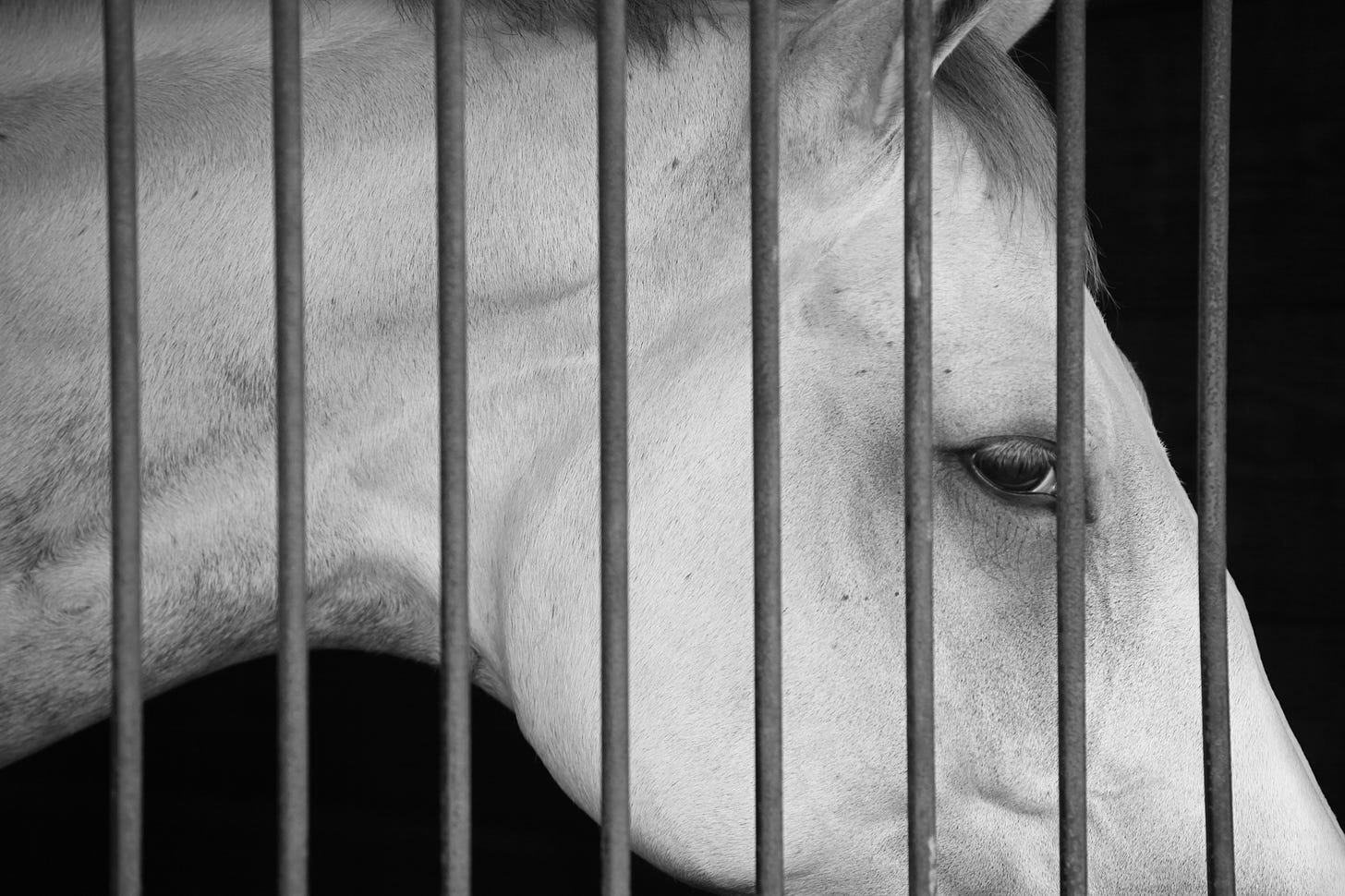
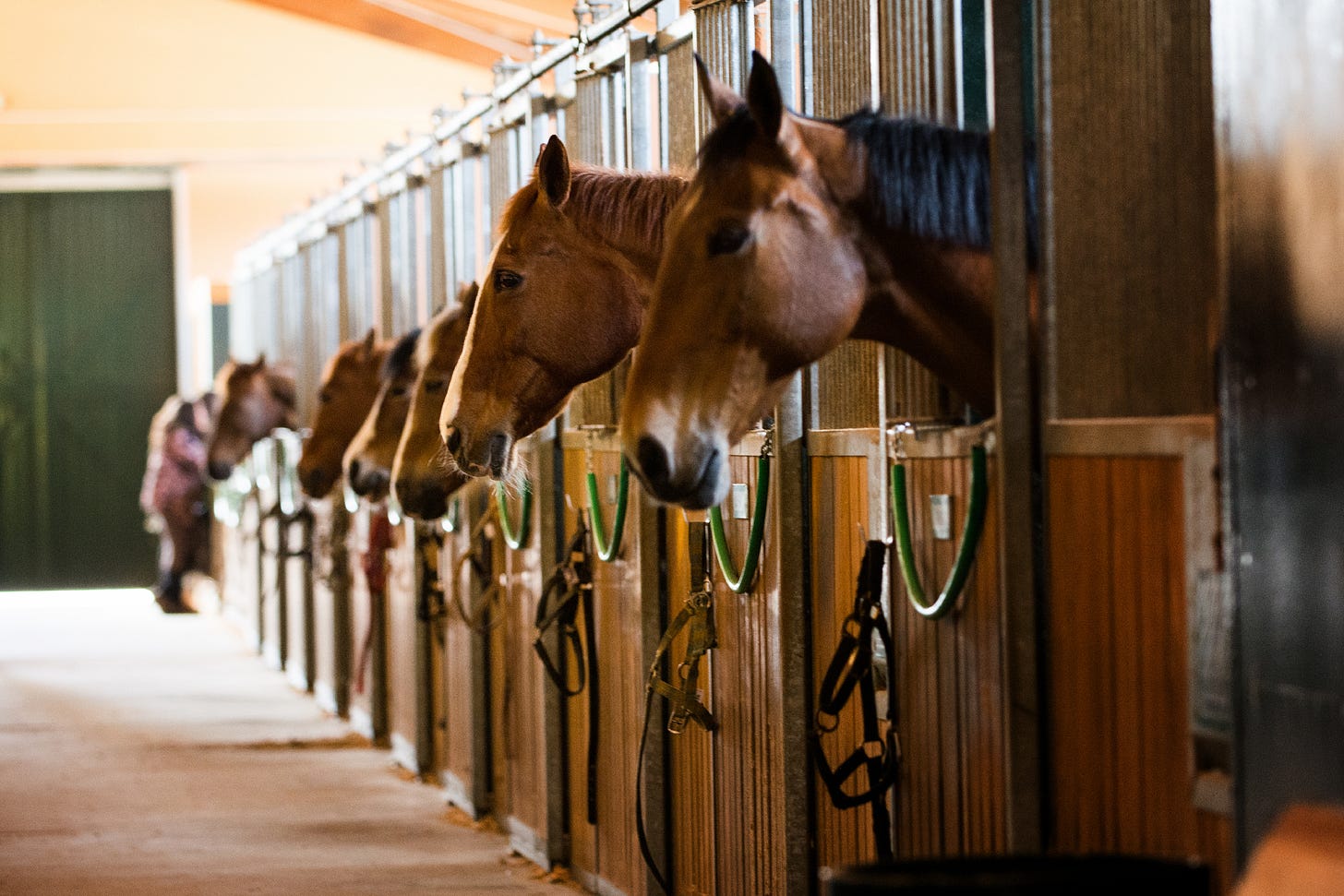
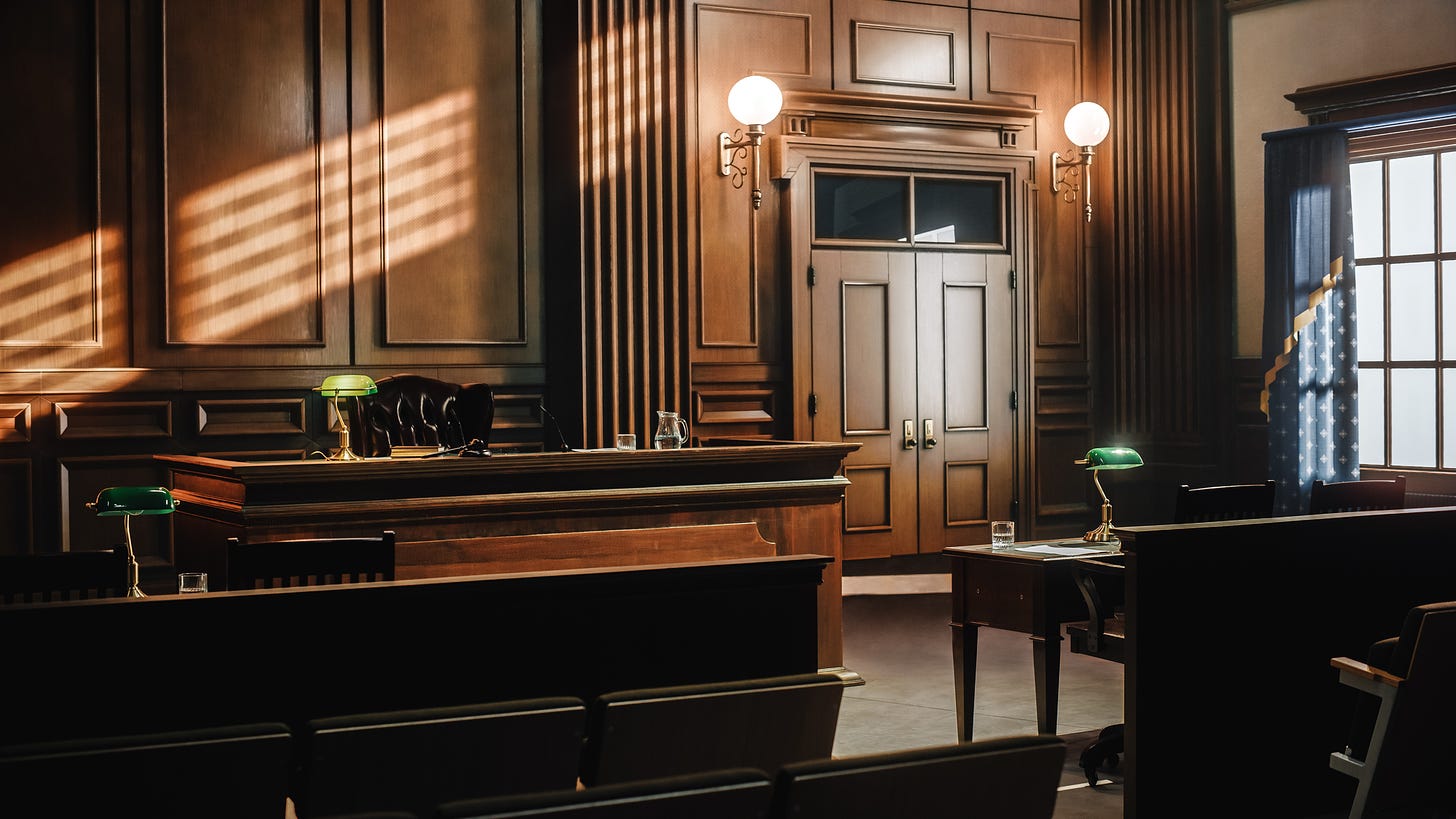
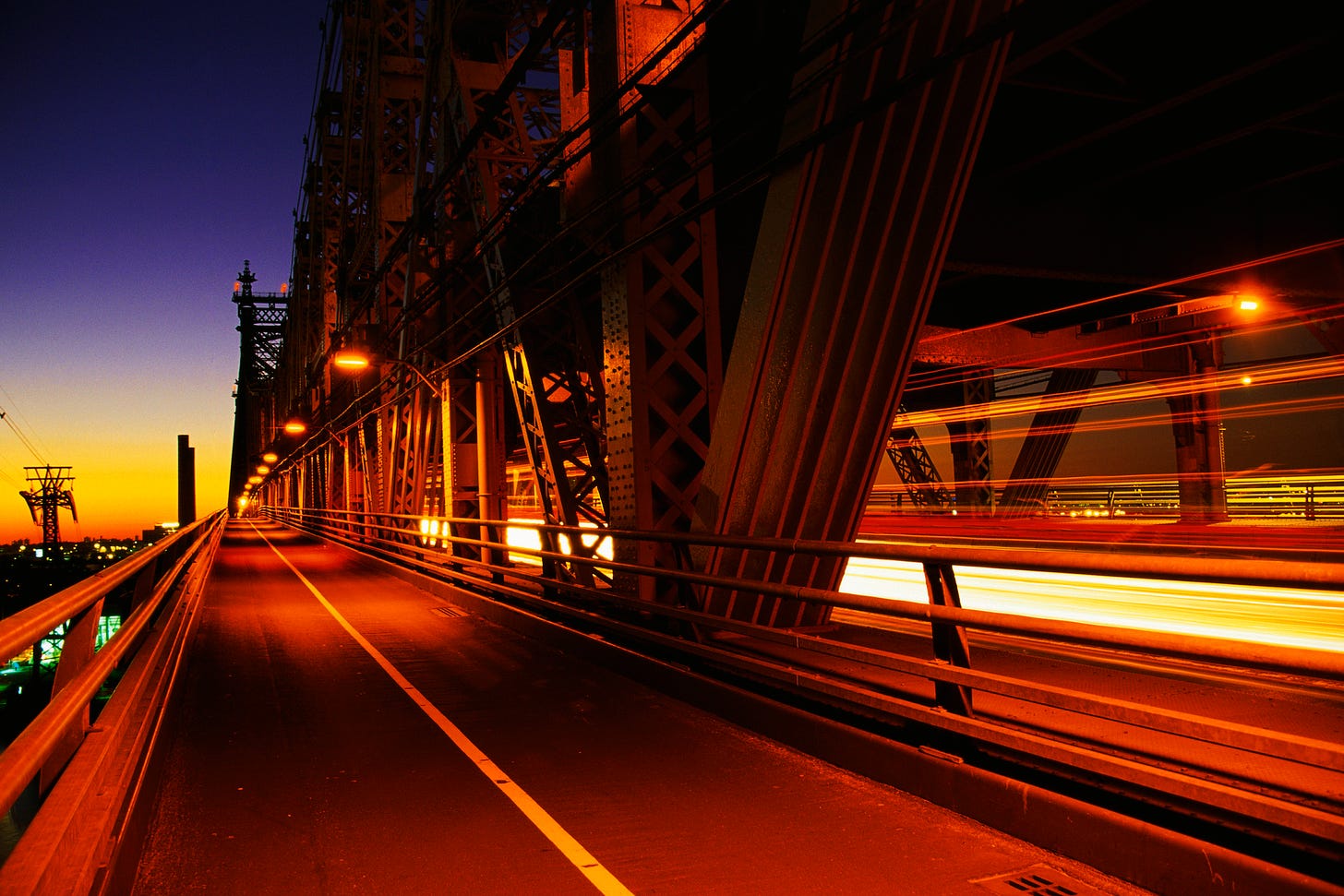
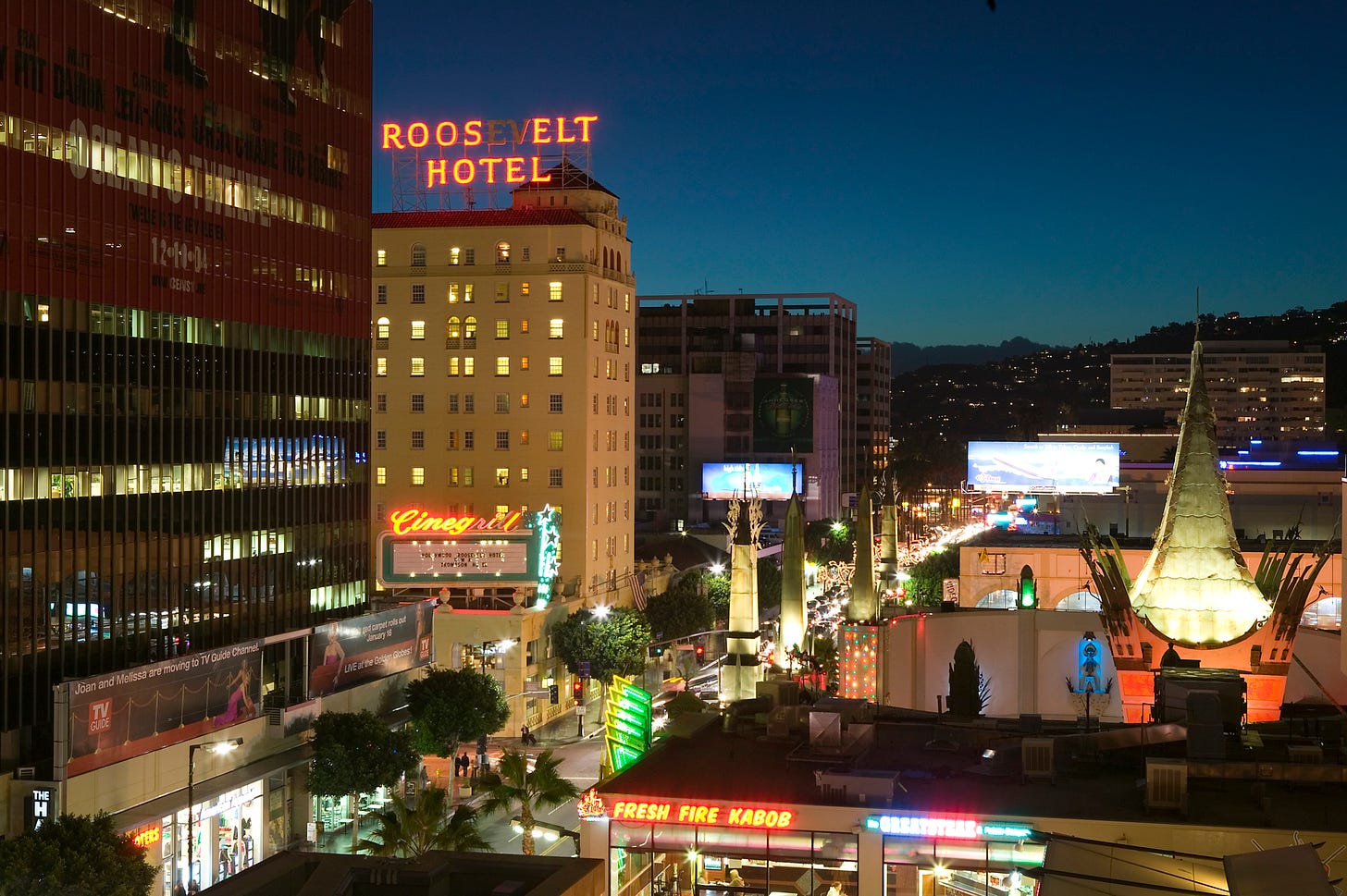
I have bad news...1988 was 35 years ago, not 25. Time is weird!
I'm gonna start a class action lawsuit on behalf of myself, Allen Iverson, Andre Iguodala, and all other "AI's" that you have besmirched